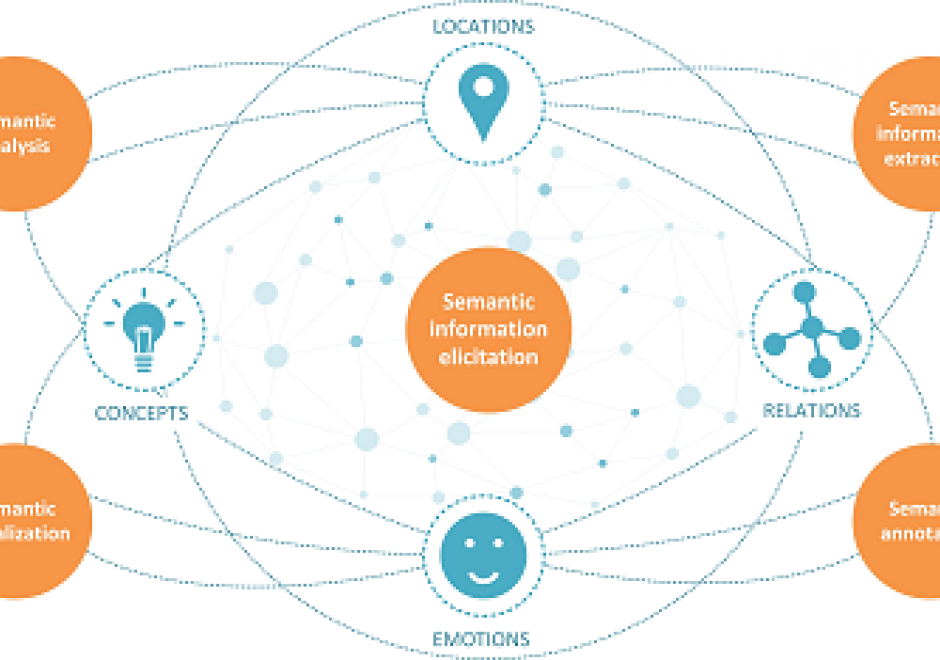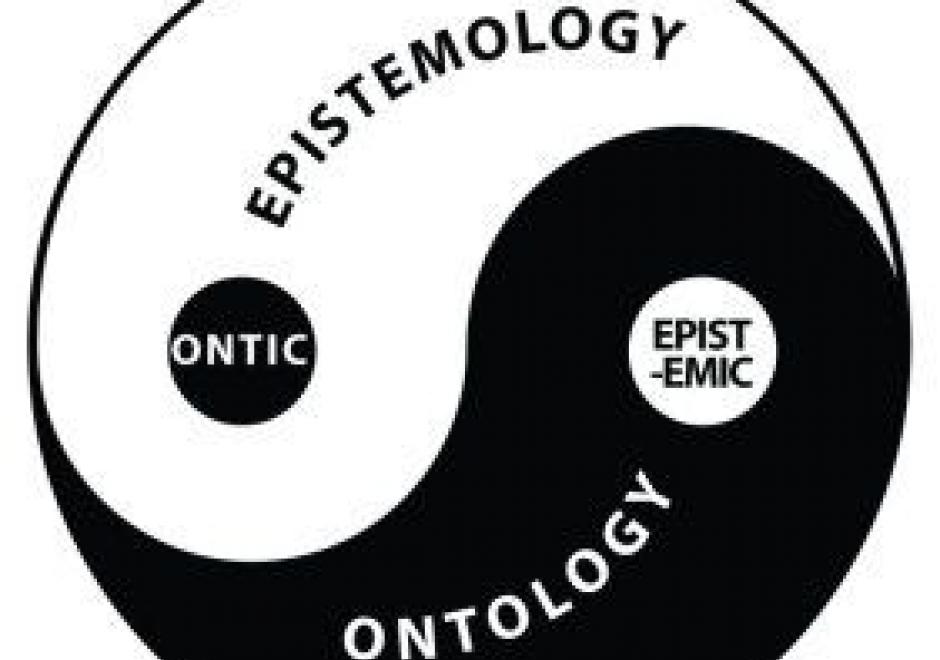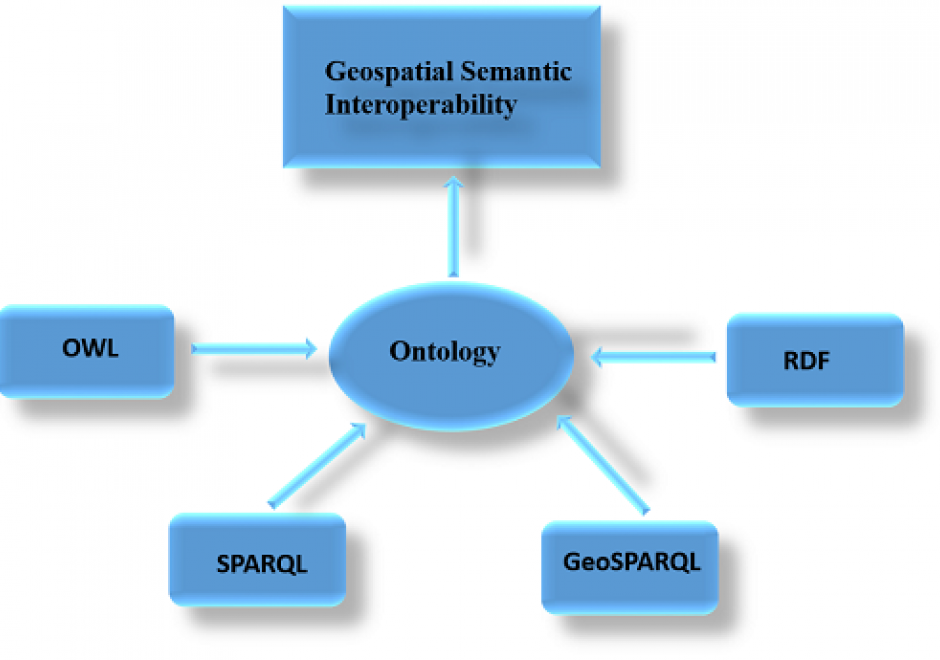FC-32 - Semantic Information Elicitation

The past few decades have been characterized by an exponential growth of digital information resources. A considerable amount of this information is semi-structured, such as XML files and metadata records and unstructured, such as scientific reports, news articles, and historical archives. These resources include a wealth of latent knowledge in a form mainly intended for human use. Semantic information elicitation refers to a set of related processes: semantic information extraction, linking, and annotation that aim to make this knowledge explicit to help computer systems make sense of the content and support ontology construction, information organization, and knowledge discovery.
In the context of GIScience research, semantic information extraction aims at processing unstructured and semi-structured resources and identifying specific types of information: places, events, topics, geospatial concepts, and relations. These may be further linked to ontologies and knowledge bases to enrich the original unstructured content with well-defined meaning, provide access to information not explicit in the original sources, and support semantic annotation and search. Semantic analysis and visualization techniques are further employed to explore aspects latent in these sources such as the historical evolution of cities, the progression of phenomena and events and people’s perception of places and landscapes.





GS-13 - Epistemological critiques
As GIS became a firmly established presence in geography and catalysed the emergence of GIScience, it became the target of a series of critiques regarding modes of knowledge production that were perceived as problematic. The first wave of critiques charged GIS with resuscitating logical positivism and its erroneous treatment of social phenomena as indistinguishable from natural/physical phenomena. The second wave of critiques objected to GIS on the basis that it was a representational technology. In the third wave of critiques, rather than objecting to GIS simply because it represented, scholars engaged with the ways in which GIS represents natural and social phenomena, pointing to the masculinist and heteronormative modes of knowledge production that are bound up in some, but not all, uses and applications of geographic information technologies. In response to these critiques, GIScience scholars and theorists positioned GIS as a critically realist technology by virtue of its commitment to the contingency of representation and its non-universal claims to knowledge production in geography. Contemporary engagements of GIS epistemologies emphasize the epistemological flexibility of geospatial technologies.